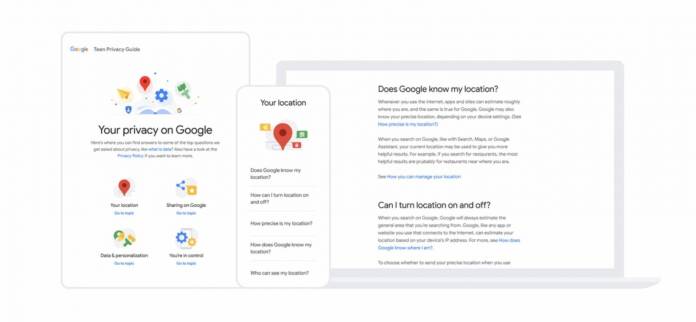
Online privacy and security is finally a major concern of a lot of online users now but the more “vulnerable” ones are really kids and teens who spend a lot of time online. Google is paying close attention to this and have announced new policies, tools, and features on their various properties to help protect them. This includes giving them more control over their digital footprint and tailoring product experiences for those below 18 on products like YouTube, Search, Assistant, and Play.
Google already has options for those who want to remove their pictures on Google Search but now they are introducing a new or updated policy for this. Those below 18 or their parent or guardians caan request to remove images from image search results to give them more control on how their images show up. Of course this doesn’t totally delete the image from the internet but at least now they’re protected from Google Search if they want to.
There will be some changes too on various Google products for those who have Google Accounts and are under 18. For the 13-17 year olds using YouTube, the default upload setting will be the most private option. For those using Search, the SafeSearch tool will be turned on by default for existing users under 18 and will also be the default setting for teens signing up for the first time on Google. Google Assistant will also get new default protections so mature content will not show up when a child is using it on any of the devices.
Location History is already turned off by default for all accounts and cannot be turned on by children with supervised accounts. They will extend this to users under 18 globally and they will also not have the option to turn it on. Google Play Store will now have a new safety section so parents can see which apps follow their Family policies. Google Workspace for Education will have SafeSearch enabled by default and students cannot switch to Guest Mode and Incognito Mode when browsing.
As for advertising, Google will expand safeguards so age-sensitive ad categories will not be shown to teens. More importantly, they will not allow ad targeting based on age, gender, or interests of those under 18. Hopefully, these policies and tools will make the Internet a bit safer for kids and teens, at least on the Google side of things.









